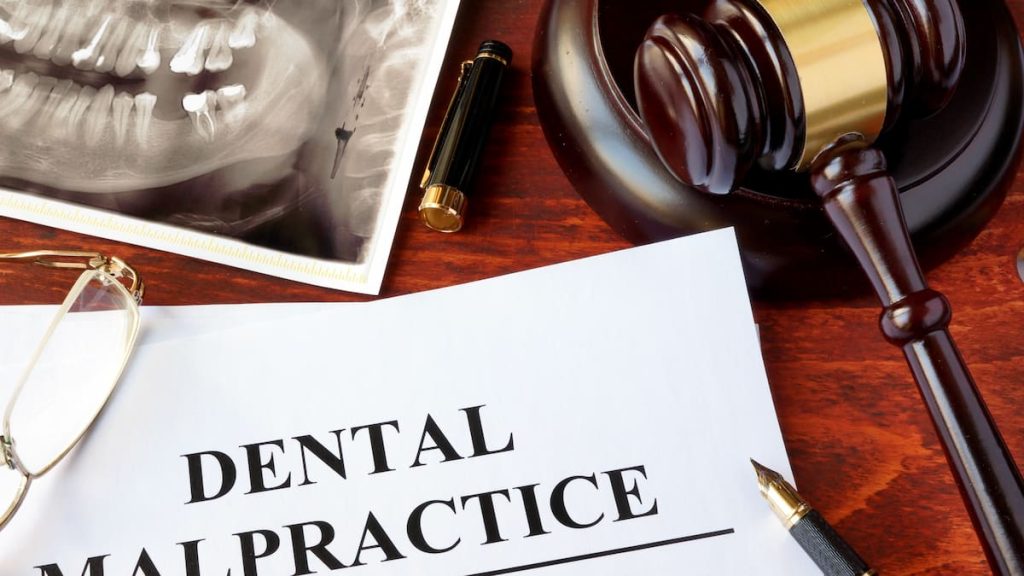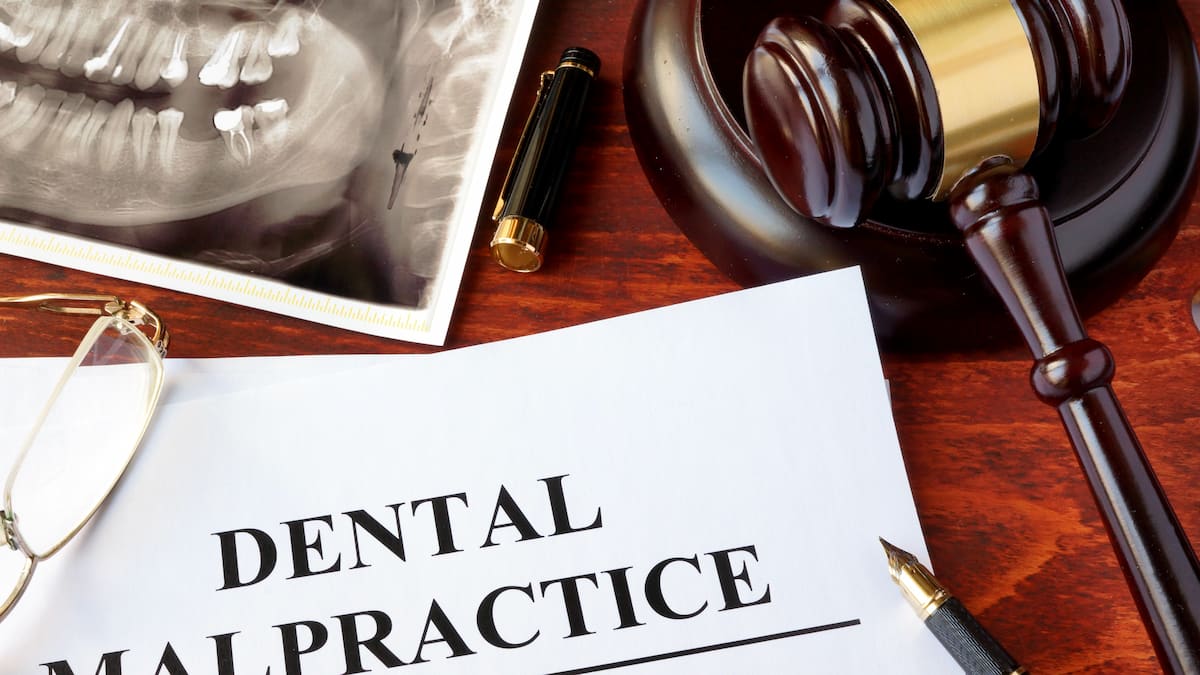How to Win a Dental Malpractice Lawsuit in the U.S.
Summary
Dental malpractice, a subset of medical malpractice, arises when a dental professional fails to provide the standard of care, resulting in harm or injury to a patient. Pursuing a successful dental malpractice lawsuit in the U.S. requires meticulous preparation, a compelling argument, and an understanding of the legal landscape. This article offers a comprehensive guide on increasing the odds of winning a dental malpractice case.

1. Understand the Elements of Dental Malpractice
To prevail in a dental malpractice lawsuit, the plaintiff must establish:
- Duty: A dentist-patient relationship existed, implying a duty of care.
- Breach: The dentist breached the accepted standard of care.
- Causation: This breach directly caused harm or injury.
- Damages: The patient suffered specific damages, be it physical, financial, or emotional.
2. Seek Immediate Medical Assessment
Should you suspect dental malpractice:
- Consult another dentist or specialist for an assessment.
- Document the extent of the injury and recommended corrective measures.
3. Preserve All Evidence
Ensure you retain:
- Original dental records.
- Bills and invoices.
- Correspondence with the dentist or dental office.
- Photographs of the injury or faulty dental work.
4. Consult with a Specialized Attorney
Due to the intricacies of dental malpractice:
- Seek an attorney experienced in medical or dental malpractice.
- They can assess the viability of your case, gather essential evidence, and consult expert witnesses.
5. Utilize Expert Witnesses
Expert testimony often makes or breaks dental malpractice cases:
- Your attorney will typically engage a dental expert to testify about the standard of care and how it was breached.
- This testimony can provide technical insights, making the breach and its consequences clear to the jury or judge.
6. Document Financial and Non-Financial Damages
Compile comprehensive records of:
- Economic Damages: These include additional medical bills, lost wages, and future treatment costs.
- Non-Economic Damages: Pain and suffering, emotional distress, and loss of enjoyment of life fall into this category.
7. Consider Out-of-Court Settlements
Many dental malpractice cases resolve without a trial:
- Engage in mediation or settlement negotiations.
- Ensure any settlement covers your damages adequately.
8. Prepare for a Trial
If a settlement is not feasible:
- Your attorney will prepare your case for court.
- This includes presenting evidence, cross-examining defense witnesses, and making persuasive arguments.
9. Understand State-Specific Nuances
Malpractice laws can vary:
- Be aware of the statute of limitations for dental malpractice in your state.
- Some states have damage caps on non-economic damages in malpractice lawsuits.
- Familiarize yourself with any mandatory pre-suit requirements or procedures.
10. Maintain Open Communication with Your Attorney
Regularly check-in:
- Stay informed about the case’s progress.
- Offer any new evidence or information promptly.
- Understand the strategy and be collaborative.
11. Be Patient and Persistent
Dental malpractice cases can be lengthy and demanding:
- Stay resilient and patient.
- Understand that legal processes, especially in the realm of malpractice, often require time for thorough examination and adjudication.
Conclusion
While the aftermath of dental malpractice can be daunting, arming yourself with knowledge and partnering with an experienced attorney can significantly boost your chances of a favorable outcome. Prioritize thorough preparation, open communication, and patience to navigate a dental malpractice lawsuit’s complexities successfully.

